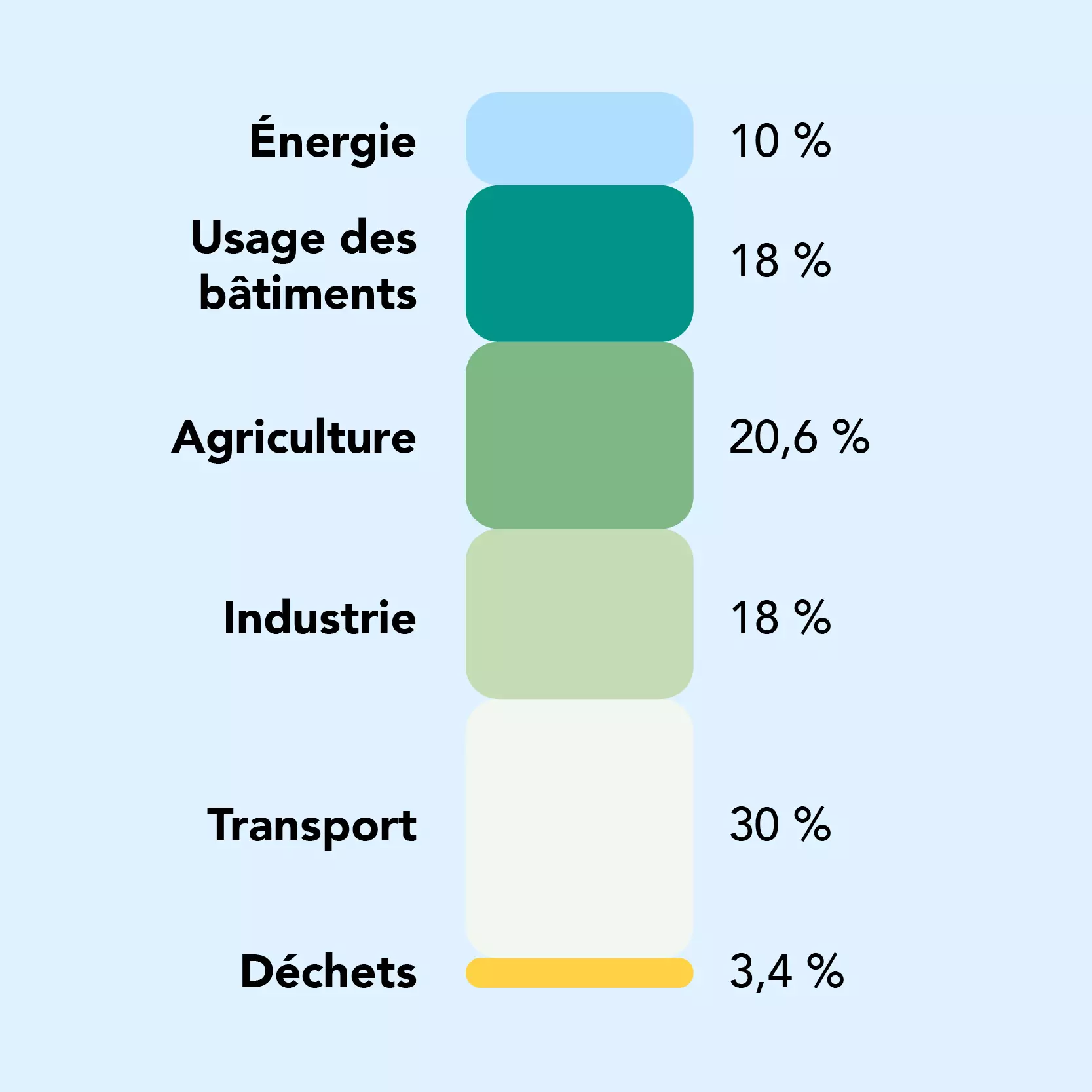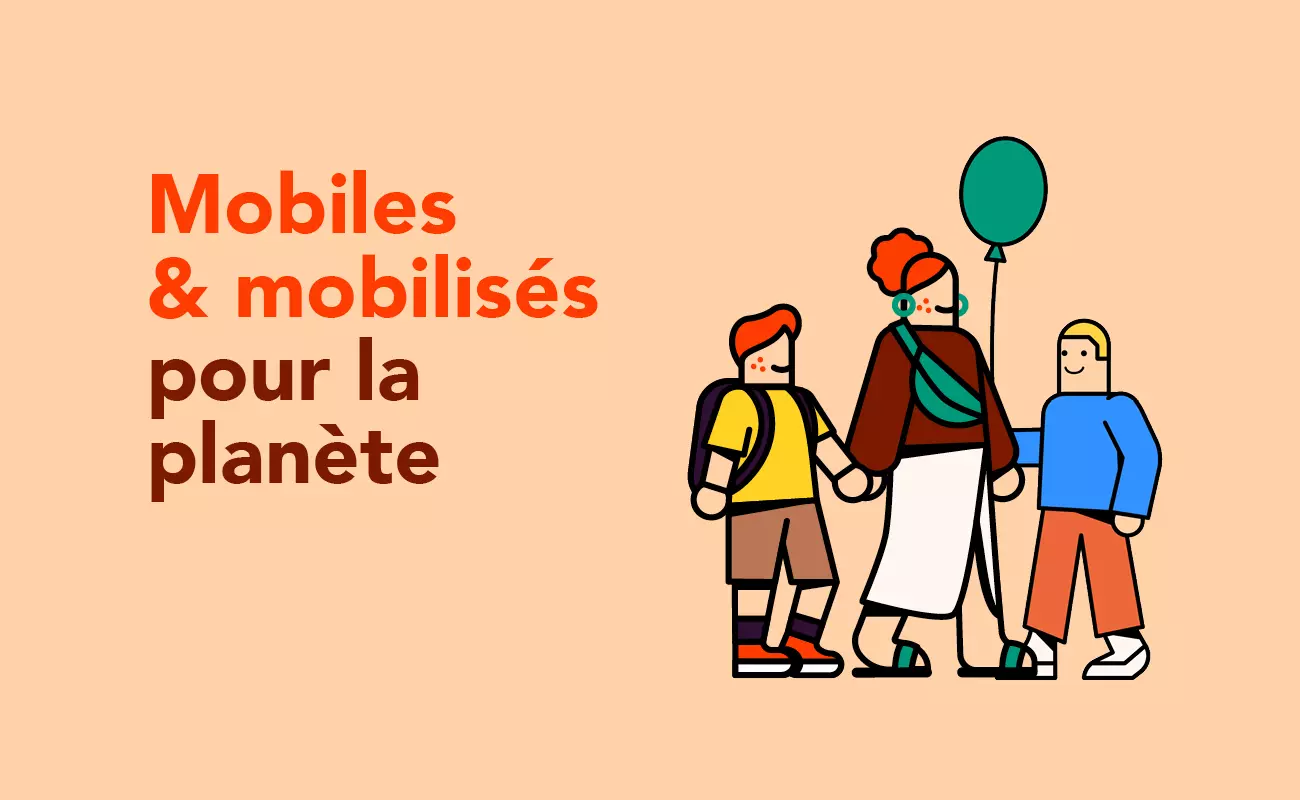CSR and Transitions Report
Train + Bike = CO2mbo winnerProgrammed obsolescence?Adapting to climate changeDriving on innovation rather than diesel Commitment: immediate boarding

Driving on innovation rather than diesel
For several years now, SNCF Voyageurs has been testing a wide range of alternative energies for its trains: from biofuel to hydrogen, they're all being tested today. In fact, you may already be using some of them, without even knowing it.
Header : © SNCF Voyageurs
30% of emissions from transport : © SNCF Voyageurs
Discover also : © SNCF Voyageurs / ©SNCF Voyageurs / ©SNCF Voyageurs



